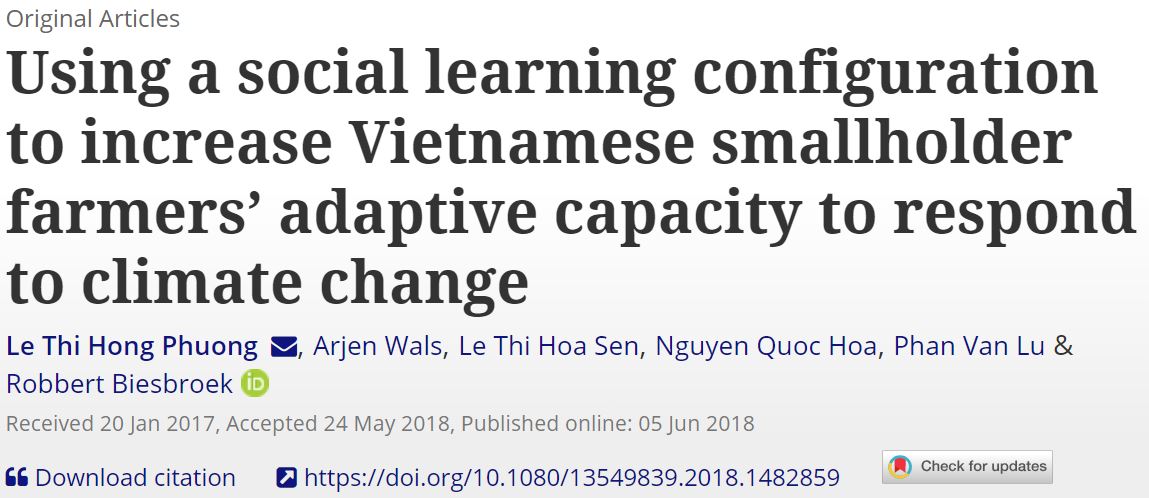Ghent University is deliberately choosing to step out of the rat race between individuals, departments and universities. We no longer wish to participate in the ranking of people.
It is a common complaint among academic staff that the mountain of paperwork, the cumbersome procedures and the administrative burden have grown to proportions that are barely controllable. Furthermore, the academic staff is increasingly put under pressure to count publications, citations and doctorates, on the basis of which funds are being allocated. The intense competition for funding often prevails over any possible collaboration across the boundaries of research groups, faculties and – why not – universities. With a new evaluation policy, Ghent University wants to address these concerns and at the same time breathe new life into its career guidance policy. Thus, the university can again become a place where talent feels valued and nurtured. We are transforming our university into a place where talent once again feels valued and nurtured.
With the new career and evaluation model for professorial staff, Ghent University is opening new horizons for Flanders. The main idea is that the academy will once again belong to the academics rather than the bureaucracy. No more procedures and processes with always the same templates, metrics and criteria which lump everyone together.
We opt for a radically new model: those who perform well will be promoted, with a minimum of accountability and administrative effort and a maximum of freedom and responsibility. The quality of the individual human capital is given priority: talent must be nurtured and feel valued.
This marks the end of the personalized objectives, the annual job descriptions and the high number of evaluation documents and activity reports. Instead, the new approach is based on collaboration, collegiality and teamwork. All staff members will make commitments about how they can contribute to the objectives of the department, the education programmes, the faculty and the university.
The evaluations will be greatly simplified and from now on only take place every five years instead of every two or four years. This should create an ‘evaluation break’.
We opt for a radically new model: those who perform well will be promoted, with a minimum of accountability and administrative effort and a maximum of freedom and responsibility. At the same time, we want to pay more attention to well-being at work: the evaluations of the supervisors will explicitly take into account the way in which they manage and coach their staff. The model must provide a response to the complaint of many young professors that quantitative parameters are predominant in the evaluation process. The well-known and overwhelming ‘publication pressure’ is the most prominent exponent of this. Ghent University is deliberately choosing to step out of the rat race between individuals, departments and universities. We no longer wish to participate in the ranking of people.
Through this model, we are expressly taking up our responsibility. In the political debate on the funding of universities and research applications, a constant argument is that we want to move away from purely competitive thinking that leaves too little room for disruptive ideas. The reply of the policy makers is of course that we must first do this within the university itself. This is a clear step in that direction, and it also shows our efforts to put our own house in order.
With this cultural shift, Ghent University is taking the lead in Flanders, and we are proud of it. It is an initiative that is clearly in accordance with our motto: ‘Dare to Think’. Even more so, we dare to do it as well.
A university is above all a place where everything can be questioned.
Where opinions, procedures and habits are challenged. Where there is no place for rigidity.
I am absolutely convinced that in a few years’ time we will see that this new approach has benefited the overall quality of our university and its people.
Rik Van de Walle, rector.
















 You can also read our latest academic paper related to this work in the Journal of Action Research in its recent special issue on action research and climate change here:
You can also read our latest academic paper related to this work in the Journal of Action Research in its recent special issue on action research and climate change here: 

